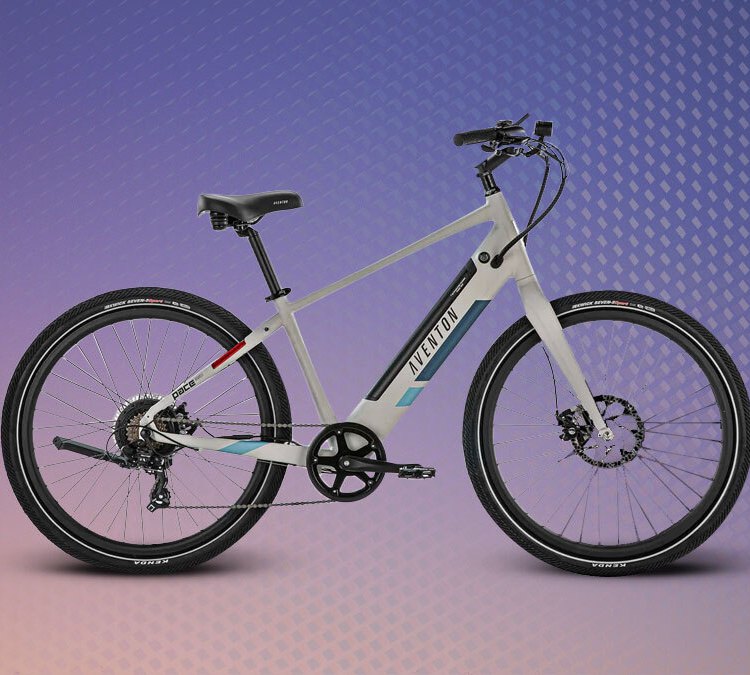The IKEA of autos is here.
And for the average Joe, it’s likely to make you tear your hair out just the same.
French manufacturer Renault recently announced that they have developed an open-source platform for a compact, lightweight electric ride named POM, informed by its current Twizy EV.
The heck is an open-source platform, you ask? It means that the vehicle’s core architecture, shared design and system components (the hardware) come in a kit, and that its tech ( the software) is available for download. So you get a car in a box, the skeleton takes under an hour to assemble and then you add the rest. Translation: the finished product will not be road-ready without some serious user input.
POM is the result of a collaboration between Renault and Italian-based OSVehicle (for Open-Source Vehicle), who make the TABBY EVO, a shared platform that allows manufacturers and individuals to build bespoke cars. (“Shared platforms” are hardly a first-to-market idea; the Volkswagen Group A platform is shared among the Audi A3, Seat Leon and VW Jetta, for example.)
While TABBY EVO has been ready to ship for a year and some change now, Renault is the first major manufacturer to sign up for it, stating that the POM’s system will be offered to “startups, independent laboratories, private customers and researchers.” The fun part: buyers can copy and modify the existing hardware and software to create a totally bespoke EV to meet their needs. OSVehicle’s Busy Bee was the first road-legal make to be built off of the TABBY EVO platform; a gaggle of equally impressive DIY projects from buyers have cropped up as well. Your imagination is the only limit.
Prices for the POM have yet to be released, but the TABBY EVO runs from $12,000-$20,000, depending on options. That’s not exactly chump change, considering who’s building the car (ahem, you) and the fact that you can pick up a road-ready Nissan Leaf for around $30k. There is a more reasonable price for those who buy en masse: if you order 250+ models, the price comes out to about $6,900 per unit. This model may save manufacturers millions in R&D, but the effects for solitary consumers remain clear.
Final word: Renault is moving in the right direction. The POM is a disruptive business model that addresses the consumer’s changing desire for a broad range of choices, specific functionality and custom experiences.
Just don’t go thinking that simply ordering a POM is going to suddenly make you Elon Musk. It’s going to take some cunning and some coin.
This article was featured in the InsideHook newsletter. Sign up now.





















